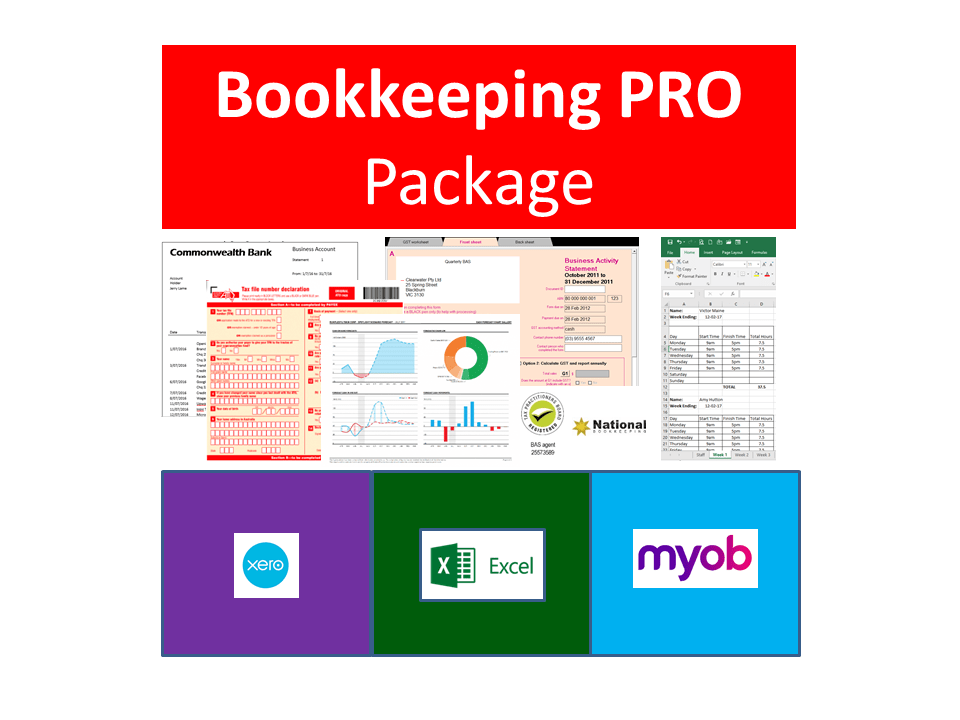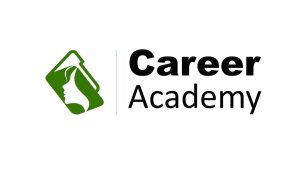As the job market compresses and there are fewer jobs available, you want to do all you can to make sure you reach the right end of the hiring funnel – that is, the pointy end where you secure a first interview and a second and a third, and then hopefully, the job. Whether you’re an independent contractor or a jobseeker looking to take the next step in your career, you need to show you’re the complete package.
The First Steps
The first hurdle for every jobseeker or contractor is getting your resume seen, and by the right person. Then it just needs to impress enough that, of all the other applicants, you secure an interview. That’s a lot of pressure for one piece of paper – or two, max! – and it can be tempting to make up a few little white lies to help you get ahead of the competition, but don’t, because at some point, you will get found out.
The key to a good resume is demonstrating that you’re the right person for the job, and if you really are the right person for the job, then there’s no need to lie. If you don’t feel confident your CV articulates how well suited you are for the position, you may consider hiring a professional writer to tighten up your CV and cover letter.
The Phoner
People often overlook how important this initial contact with a potential employer is, but you shouldn’t. You can mostly tell a lot about a person by the way they conduct themselves on the phone, and it’s this first conversation that helps a hiring manager separate the promising candidates from the not so promising. Even if they ask you in for an interview, it doesn’t mean you haven’t been grouped in the latter category, so always make sure you’re presenting your best self.
If a hiring manager calls when it’s not convenient to talk, it’s often best to let the call go to voicemail or ask if you can call them back later, rather than rushing through an important step in the hiring process and giving a bad first impression. You shouldn’t worry that you’ll miss your opportunity because you weren’t able to take the call – they’re calling because they think you would be a good fit for their organisation, and a good organisation will wait to ensure they’re speaking to the best candidates.
The Interview
If you’re asked in for an interview, congratulations! But it’s also important to remember that the interview process is as much for you as it is the hiring manager. As much as you need to show you’re the absolute right person for the job, you also need to find out if it’s the absolute right job for you.
The most important thing to do in an interview is show that you’re a real person capable of thinking for yourself. Don’t just sit and answer questions; ask questions, too. This shows you’re listening and engaged, and aside from providing you with valuable details about whether you want to work for this particular organisation, it also makes a good impression too.
In my experience, there are very few employers who just want to hire mindless drones. They want to employ people who are bright, can think for themselves, and show initiative. Theses attributes show an employer that you’re capable and competent, but most importantly, that you can be trusted with responsibility.
Unless you engage with the person interviewing you, they’ll never know whether you possess the sorts of qualities they’re looking for in an employee. Don’t be afraid to show your personality, either.
Hiring managers are looking for people who are a good cultural fit for their organisation. That means they’re looking for people who share similar interests as the rest of the staff, because the more people get along and enjoy working together, the better their retention rate. In essence, the team that plays together stays together.
The Follow-Up
I’m almost positive that the only reason I got one of my early jobs was because I was persistent when it came to following up after each interview, though I’m sure my capabilities and previous experience helped too.
When I say I was persistent, I don’t meant that I stalked the women who interviewed me and would eventually become my boss; I just mean that the day after each interview, I made sure to call and thank her for her time and ask about the next steps.
I was seeking a position in a competitive industry, and though there was something about my skills – and me – that were appealing to the organisation, there were three other people equally appealing. None of those other candidates bothered to follow up, though, and I got the job – I reached the pointy end of the hiring funnel.
If you remember that getting your next job is about showing the company or organisation that you are the right person for the job, rather than trying to be the person you think they want for the job, you’ll more than likely reach the right end of the hiring funnel.





